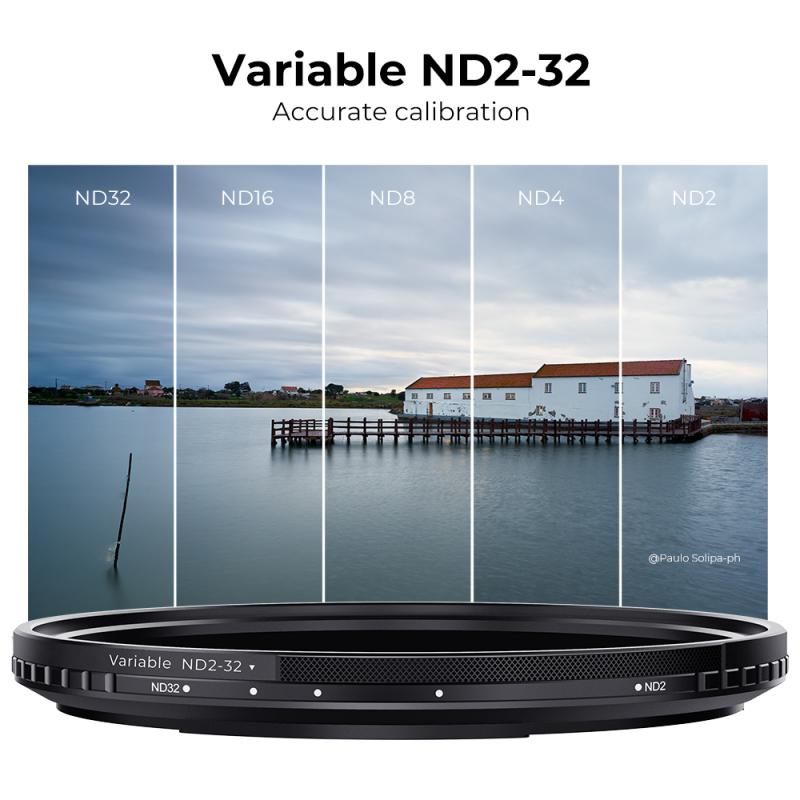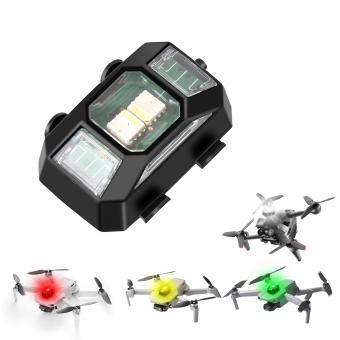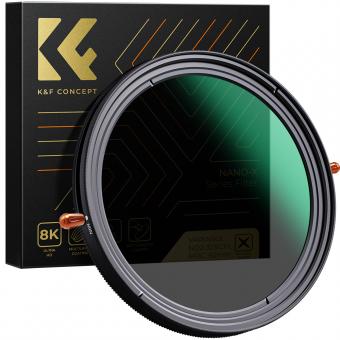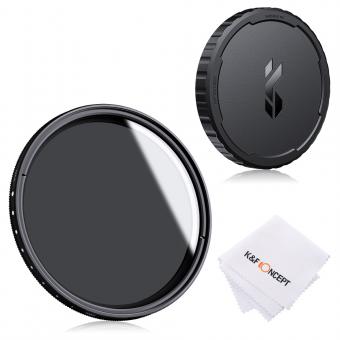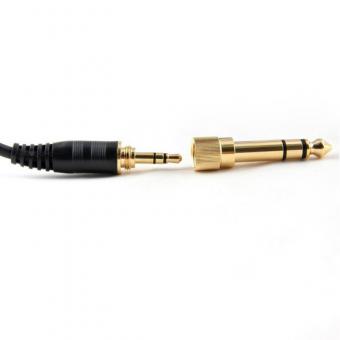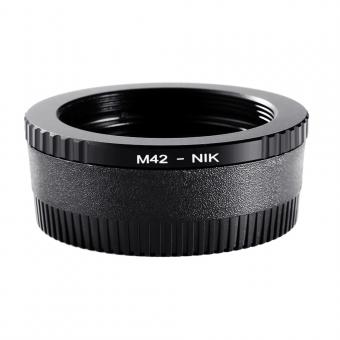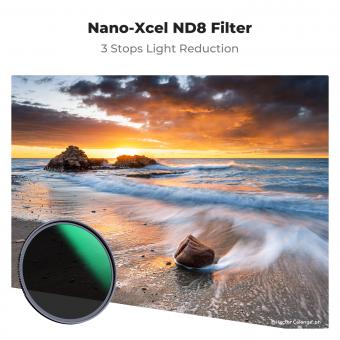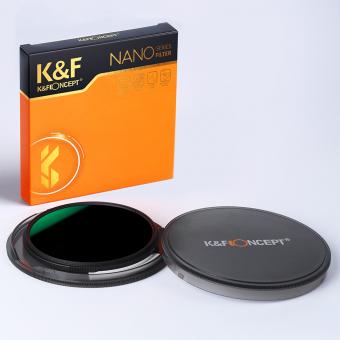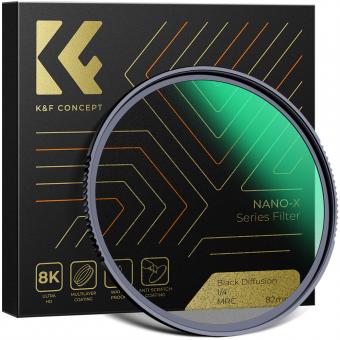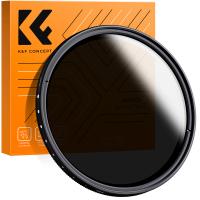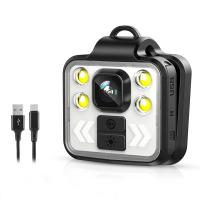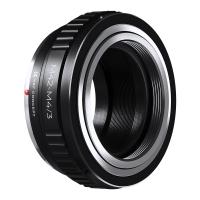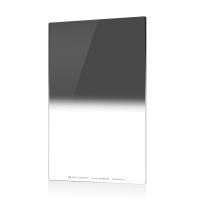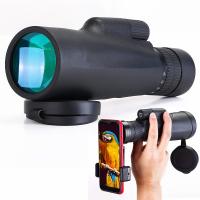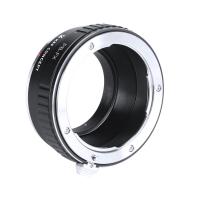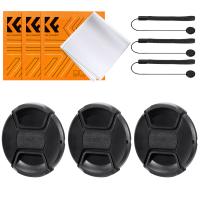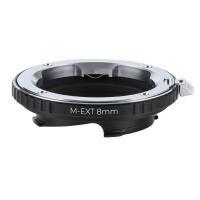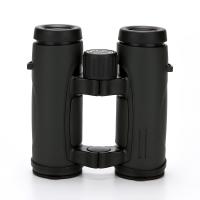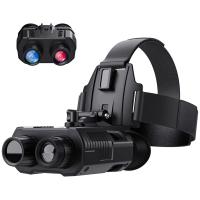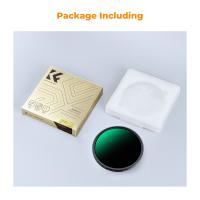How Much Does An Nd Filter Weigh ?
The weight of an ND filter can vary depending on its size, material, and brand. Generally, ND filters are lightweight and designed to be easily portable. The weight can range from a few grams to a couple of ounces, depending on the specific filter.
1、 Weight of ND filters varies based on size and material.
Weight of ND filters varies based on size and material. ND filters are commonly used in photography and videography to reduce the amount of light entering the camera lens. They are available in different sizes and made from various materials, which can affect their weight.
The weight of an ND filter depends on its size because larger filters require more material to manufacture. For example, a 77mm ND filter will generally weigh more than a 52mm ND filter. Additionally, the thickness of the filter can also contribute to its weight. Thicker filters may be heavier than thinner ones.
The material used to make the ND filter can also impact its weight. ND filters are typically made from glass or resin. Glass filters tend to be heavier than resin filters due to the density of the material. However, some manufacturers have started producing lightweight glass filters to reduce the overall weight.
It is important to note that the weight of an ND filter may not be a significant factor for most photographers and videographers. The weight of the filter is usually negligible compared to the weight of the camera and other equipment. However, for those who prioritize portability and minimizing the weight of their gear, there are lightweight options available in the market.
In conclusion, the weight of an ND filter can vary based on its size and material. While larger filters and those made from glass may be heavier, the overall weight is usually not a major concern for most photographers and videographers.

2、 ND filter weight depends on the specific brand and model.
ND filter weight depends on the specific brand and model. There is no standard weight for ND filters as it varies depending on the size, material, and design of the filter. Different brands offer a wide range of options with varying weights to cater to the needs of photographers and videographers.
Generally, ND filters are made of high-quality glass or resin, which adds some weight to the overall product. However, advancements in technology have led to the development of lightweight materials that still maintain excellent optical quality. Some filters are also designed to be slim and compact, reducing their weight while ensuring compatibility with different lenses.
For example, a typical 77mm ND filter can weigh anywhere between 30 grams to 100 grams, depending on the brand and specific model. However, it is important to note that these weights are approximate and can vary. Some filters may be lighter, while others may be slightly heavier.
It is worth mentioning that the weight of an ND filter may not be a significant concern for most photographers or videographers. The weight of the filter is usually negligible compared to the weight of the camera and lens. However, for those who prioritize portability and minimizing the overall weight of their gear, there are lightweight options available in the market.
In conclusion, the weight of an ND filter depends on the specific brand and model. It is recommended to check the product specifications provided by the manufacturer to determine the exact weight of a particular ND filter.
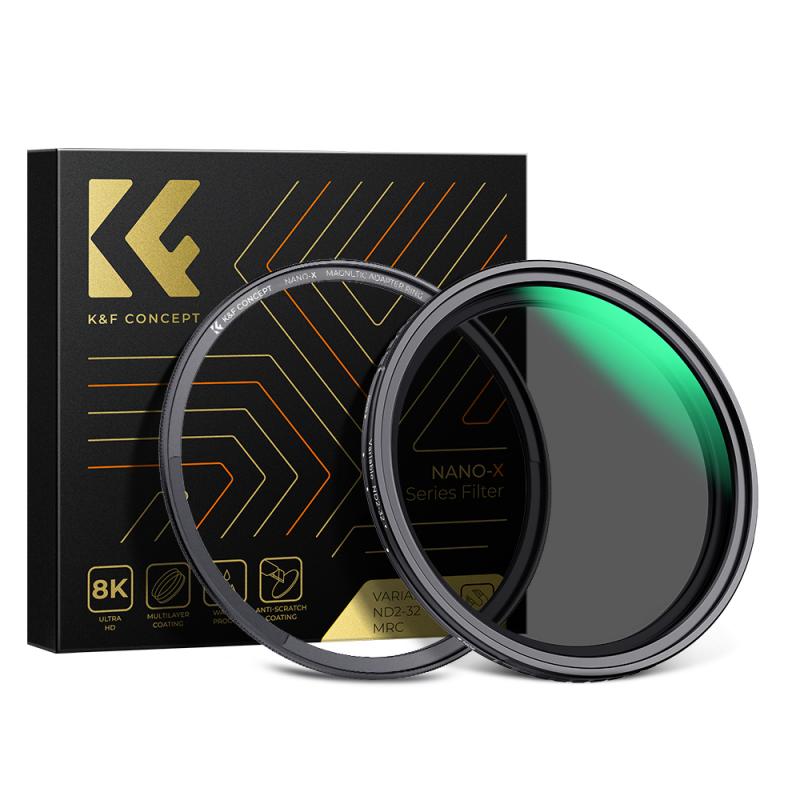
3、 Different ND filter densities can affect their weight.
Different ND filter densities can affect their weight. ND filters, also known as neutral density filters, are used in photography and videography to reduce the amount of light entering the camera lens without affecting the color or quality of the image. They are commonly used in situations where a longer exposure time is desired, such as capturing motion blur in waterfalls or creating a shallow depth of field in bright lighting conditions.
The weight of an ND filter depends on various factors, including the density of the filter and the materials used in its construction. ND filters are available in different densities, such as ND2, ND4, ND8, ND16, and so on. The number represents the amount of light the filter blocks, with higher numbers indicating greater light reduction.
Generally, ND filters are made from high-quality optical glass or resin, which are lightweight materials. However, as the density of the filter increases, the weight also tends to increase. This is because denser filters require more layers of material to achieve the desired light reduction, resulting in a slightly heavier filter.
It is important to note that the weight difference between different ND filter densities is usually minimal and may not be noticeable in practical use. The weight of an ND filter is typically not a significant concern for photographers or videographers, as the difference in weight is unlikely to affect the overall balance or stability of the camera setup.
In recent years, there have been advancements in filter technology, such as the introduction of lightweight and slim-profile filters. These filters are designed to minimize weight while maintaining high optical quality. However, the weight of an ND filter is still primarily determined by its density and the materials used in its construction.
In conclusion, the weight of an ND filter can vary depending on its density and construction materials. However, the weight difference between different ND filter densities is generally minimal and may not be a significant concern for most photographers or videographers.
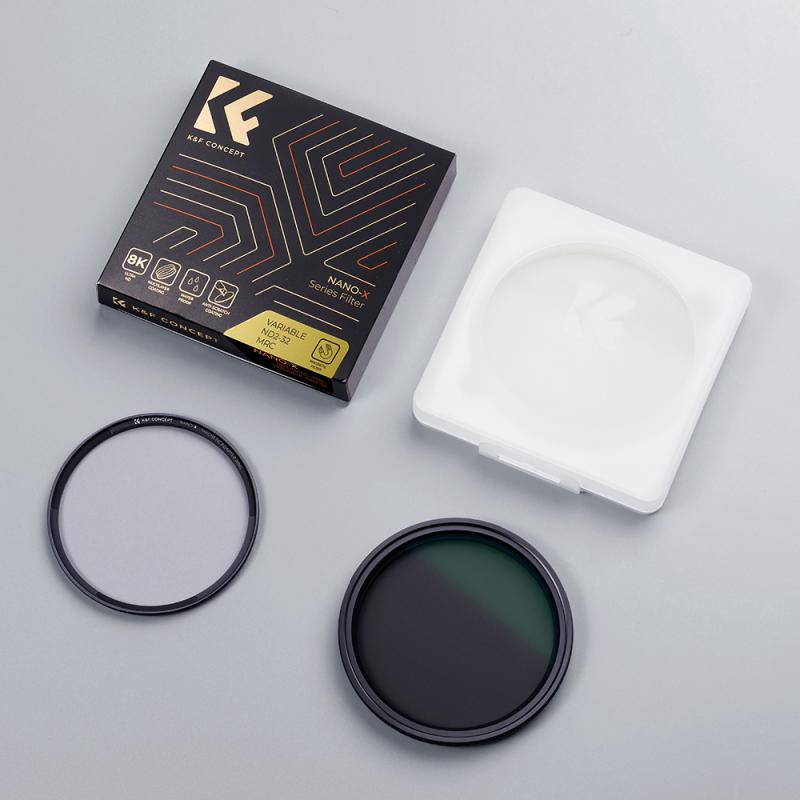
4、 Weight of ND filters can range from a few grams to several ounces.
The weight of ND filters can vary depending on their size, material, and the number of stops they provide. Generally, ND filters are designed to be lightweight and portable, making them easy to carry and use in various photography situations.
The weight of ND filters can range from a few grams to several ounces. The lighter filters are usually made of high-quality glass or resin materials, which are known for their durability and lightness. These filters are ideal for photographers who prefer to travel light and want to minimize the weight of their camera gear.
On the other hand, some ND filters are made with heavier materials such as metal frames or thicker glass. These filters may provide better image quality and durability but can add more weight to your camera setup. They are often preferred by professional photographers who prioritize image quality over portability.
It's worth noting that the weight of ND filters has been decreasing over the years due to advancements in manufacturing techniques and the use of lighter materials. Manufacturers are constantly striving to create filters that are both lightweight and high-performing.
Ultimately, the weight of an ND filter is a personal preference and depends on the specific needs and preferences of the photographer. Some photographers may prioritize portability and opt for lighter filters, while others may prioritize image quality and choose heavier filters. It's important to consider your shooting style, the type of photography you do, and the overall weight of your camera gear when selecting an ND filter.
